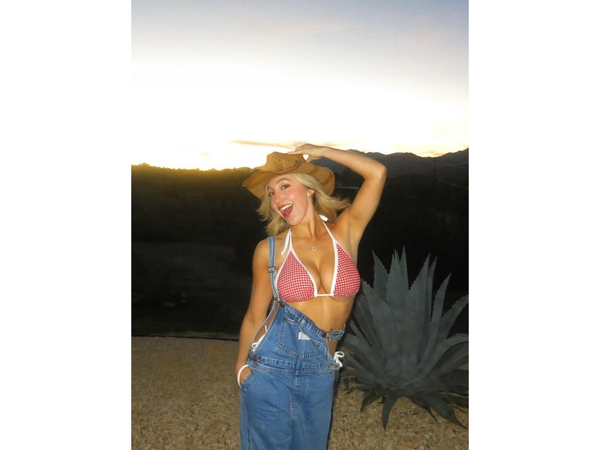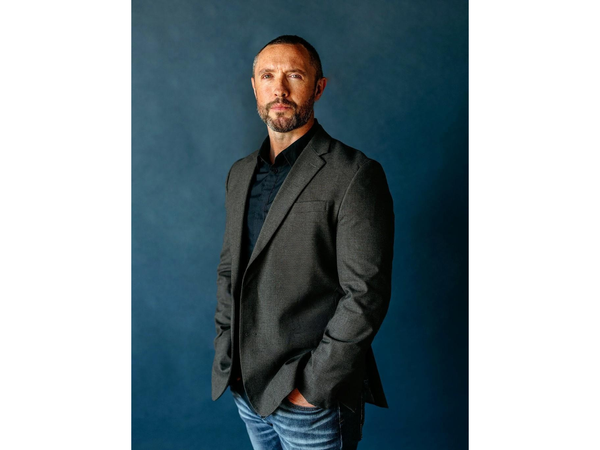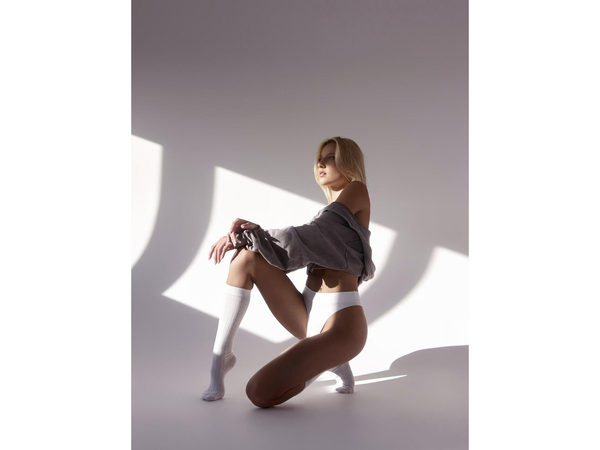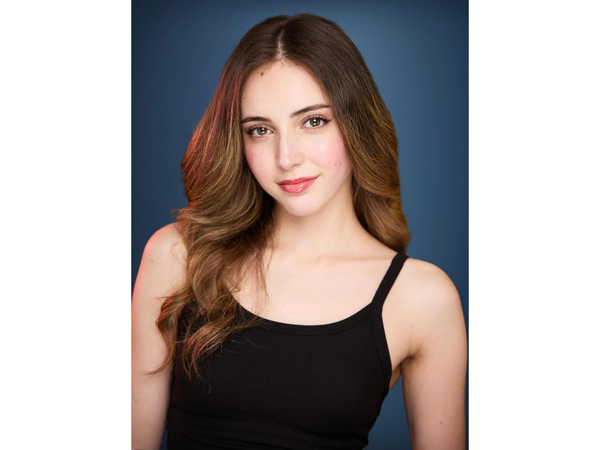REBECCA SNOW TALKS THE BOY IN THE WOODS
"Truth does not require literal storytelling"
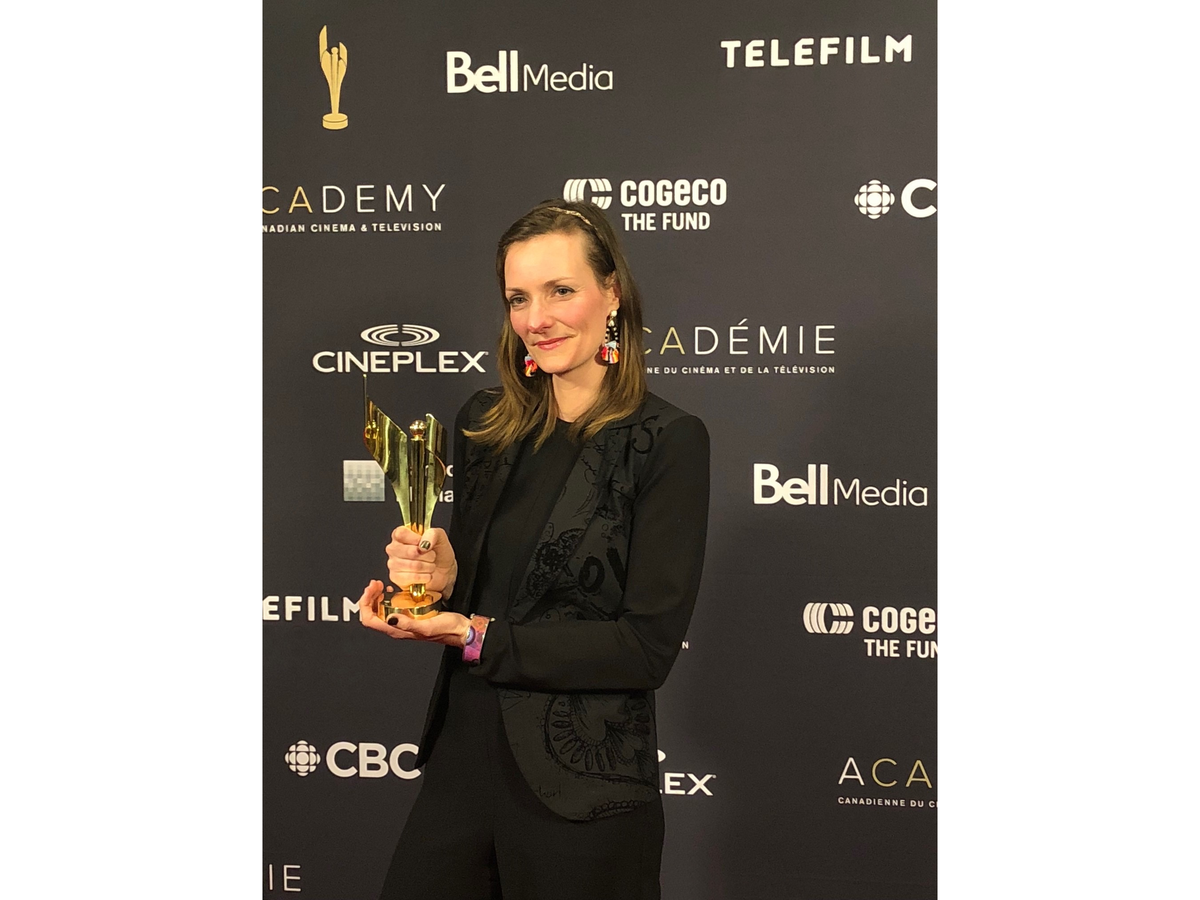
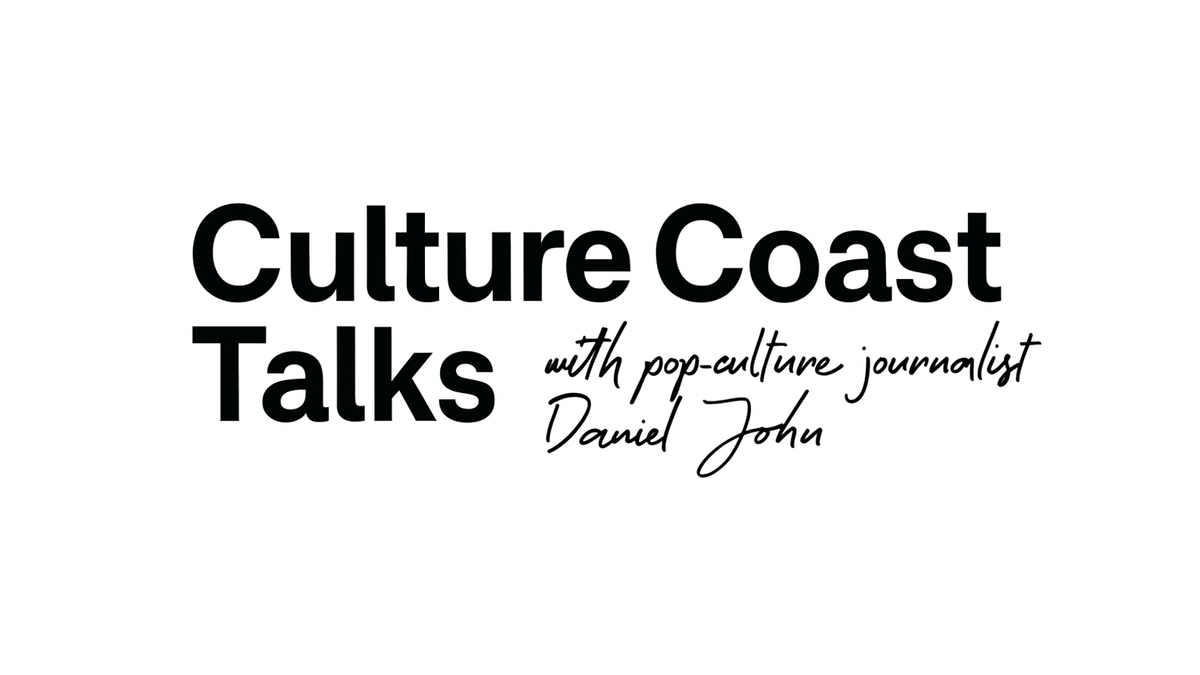
Also the subject of your previous 2019 documentary 'Cheating Hitler', 'The Boy In the Woods' is based on the best-selling book, and remarkable true-life story, by holocaust survivor Maxwell Smart. What was it about his story that made you want to return to it in feature-film form?
The year I spent making the documentary ‘Cheating Hitler’ was the most extraordinary, emotionally challenging but inspiring experience of my career so far as a documentary filmmaker. Helping those three incredibly brave survivors tell the stories of the horrors of what happened to them as children during the Nazi genocide was such an honour. Their stories all echo in my mind constantly. But it was Max’s story of hiding in the woods that I started visualizing and imagining as a movie. It took a hold of me somehow, I am from Europe, and the mythology of the forest has deep roots there. The story of a boy, orphaned and alone, driven into the woods to fight forces of evil is essentially the theme of every Grimm’s fairy tale. But this was reality. A childhood was stolen, and an artist was born. I knew there was so much to explore in Max’s story and I felt compelled to take it on. On a more practical level, I had a realization when I was filming the documentary in the forests of Ukraine, back in 2019, that the landscape there is very similar to parts of northern Ontario in Canada, about four hours north of Toronto where I live, and I realized then that it could be possible to make this film within Canada. My husband Robert Budreau is a Canadian feature film producer and he encouraged me to start writing the script, and offered to try and access Canadian funding to produce it. It was the first time we’ve worked together, other than parenting our two kids!
Considering what a slow process filmmaking can be, and when the documentary came out, it wasn't that far between the two?
I started writing the screenplay in the summer of 2020 and we went to camera the fall of 2022. I was working on documentaries on and off during those years and so I wasn’t writing consistently but yes it was a fairly quick process. I was very confident that this would be a fantastic story to adapt into a film because Max’s memoir has such a clear and strong narrative arc. By the time I sat down to adapt his story for the screen I had a year or so of research behind me thanks to the documentary, I had over three hours of interview filmed with Max talking about his experience, and of course I had the memoir itself.
With your documentary background in mind, telling a story in film is obviously different. A strong director's vision is needed for a narrative to be conveyed in a, with a lack of a better word, entertaining way. How did you avoid entertainment and truth coming at odds with each other?
I am a big fan of historical dramas. Some are truer to the facts than others, and I am very accepting of that. They aren’t historical documents, they are entertainment. If the audience can be transported to a time and a place, learn something new, and be moved by the characters then the filmmaker has succeeded. Personally I like to leave a historical drama knowing that I have just been given a sense of the truth, and in order to find out how closely it stuck to the facts I might read a biography or dig deeper into the historical events. In the case of 'The Boy In The Woods' I didn’t have to stray from the truth too much. I had to conflate some timelines, and re-imagine some scenarios, but it was all within the wider historical context of the events taking place in that region during World War II. The biggest challenge was deciding what to leave out. There were so many incredible details that I wanted to include from the real events, but it just wasn’t possible given the time, and budget, we had. Max himself was very generous and flexible with my vision for the film. He is an abstract expressionist artist, and he really understands that getting a viewer to the truth doesn’t always require literal and forensic storytelling.
In hindsight, would you have done anything differently during the making of it?
Coming from documentaries I am used to a small, fast-moving crew who can pivot and adapt at a moment’s notice. I love finding unscripted, unpredictable moments and was looking for those throughout this shoot too. Working with a much bigger crew was very different in some ways. I remember at one point we had very little time left in the day with our lead actor and the light was perfect and I just wanted to walk off into the trees with him and the cinematographer and get some verite, unscripted shots. I didn’t want ten people following us with heavy equipment and questions. It should have been so easy, but it was a big operation to break away from the main crew. Some of the shots we got in that thirty minutes are my favourites in the entire movie!
You got your start working in television, with your early days spent working as a researcher for BBC History-documentaries. Did your love for storytelling always align with an interest for history?
I studied archaeology and Spanish, with a focus on Mesoamerican archaeology, at university in England and Mexico, and so have always been fascinated with digging up stories from the past. I thought about doing some postgraduate work with a view to perhaps one day becoming an archaeologist or a museum curator, to help bring those stories to life for people today. And then I realized there was another creative way to do that. My parents were both television journalists so from an early age I was very exposed to the world of TV production. After university I applied for an internship at the BBC History documentary unit, and that lead to my first job researching on a history series. Once I started down that path I realized I could feed my desire to learn and study the past, while at the same time illuminating it for others, and having a lot of fun along the way. Being a documentary filmmaker is such an adventure, I’ve been up a scaffold in the Sistine Chapel at night, I’ve explored the Vatican Secret Archives, I’ve sat in the back of a pickup truck with an ancient Incan mummy, and I’ve been lowered down a cenote on a rope by a team looking for ancient Mayan sacrificial victims. I had a wonderful foray into drama in my early days at the BBC working on a dramatic series about the rise and fall of ancient Rome. I was a researcher, so it was my job to find compelling storylines and details for the writers on the series. I remember loving the experience of dramatizing history. I managed to wrangled my way onto set to help with script supervision and continuity. We were filming in Tunisia at these huge ancient Rome sets in the desert. It was definitely an inspiring experience, and I think that’s when the film seeds were planted for twenty years later when I embarked on writing and directing 'The Boy In The Woods'.
Could you at all imagine writing and directing something that is not rooted in the retelling of history or is the documentarian ingrained in your identity and signature as a filmmaker no matter the form?
I will write and dramatize any story that grabs me by the heart like 'The Boy In The Woods' did. It could be historical, present day, or imagined. The only requirement for me is that I am personally moved and inspired by it. I have come to appreciate just how difficult it is to make a movie, and I’ve got to be so deeply emotionally invested in the story to get over all the hurdles. I remember cast and crew on this film being particularly struck by how passionate I was about the material, and that makes a big difference when you come to execute a project, it is a great way to win the trust of everyone carrying out your vision. And that trust is essential.

